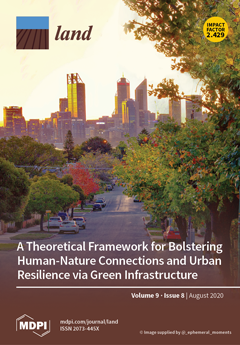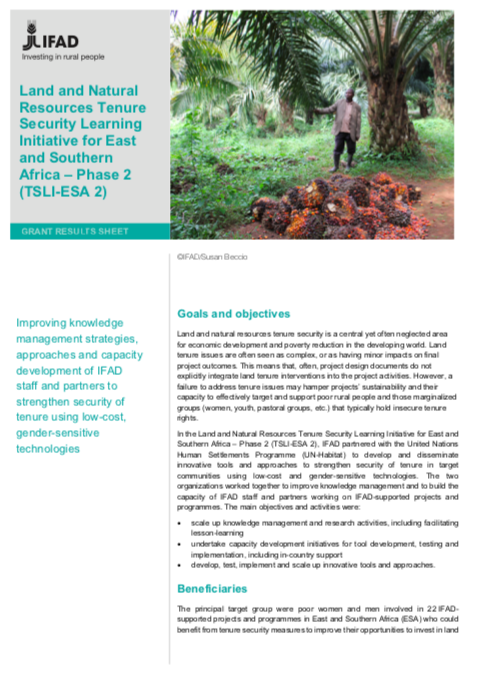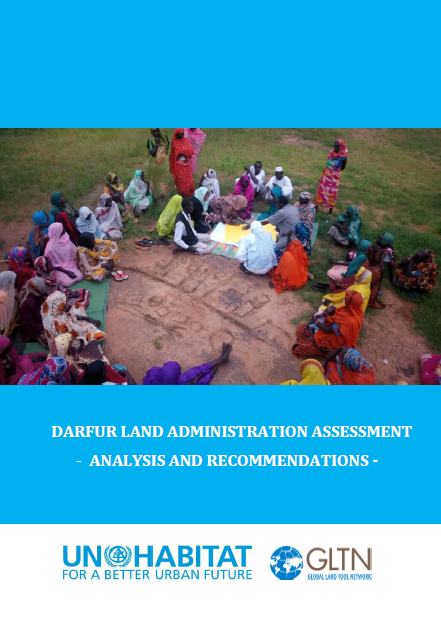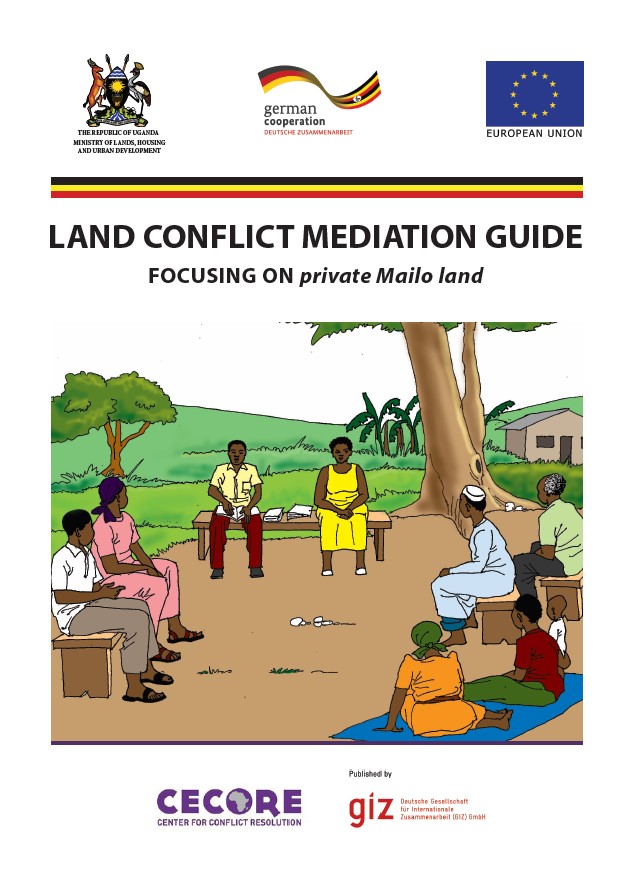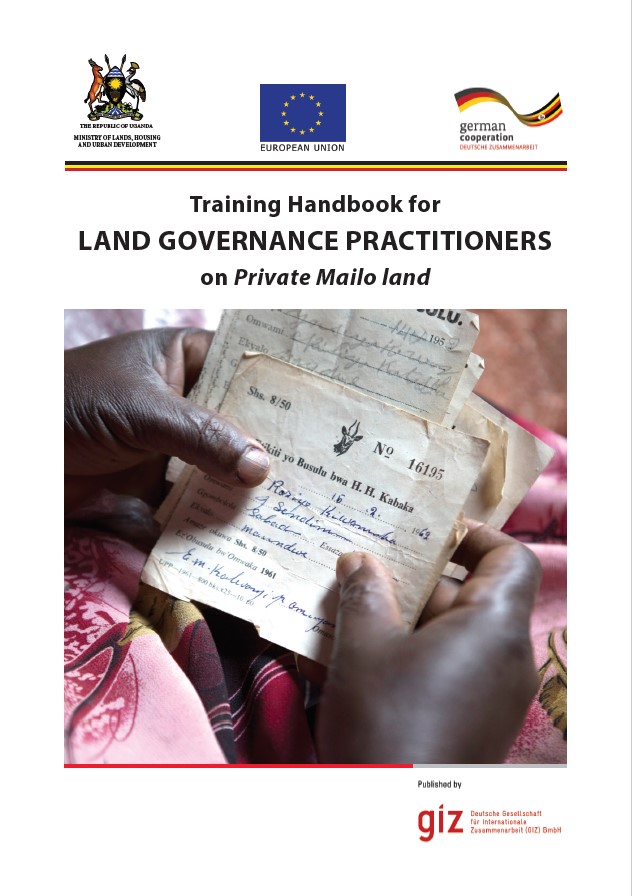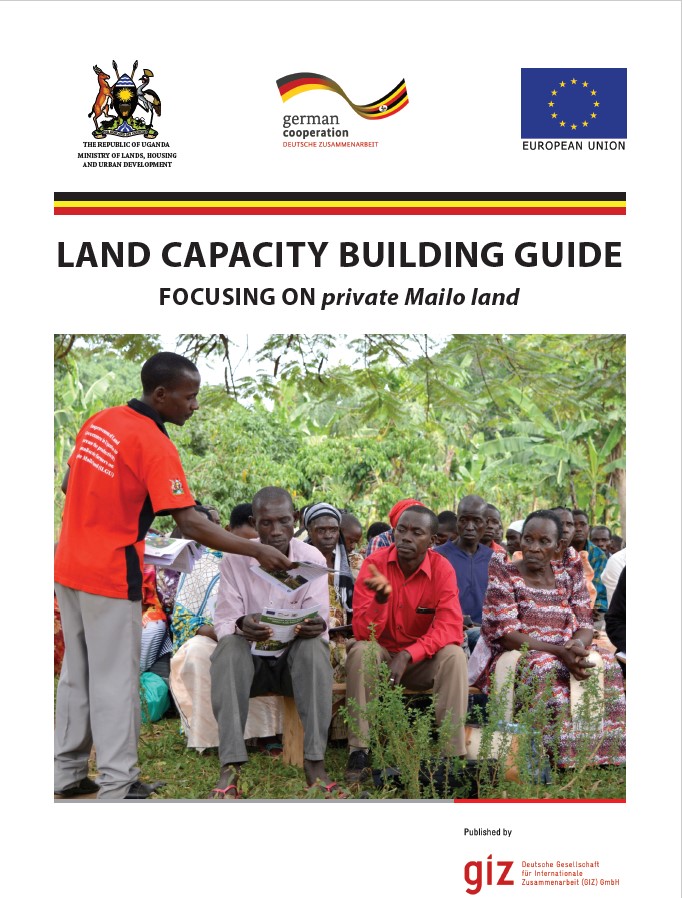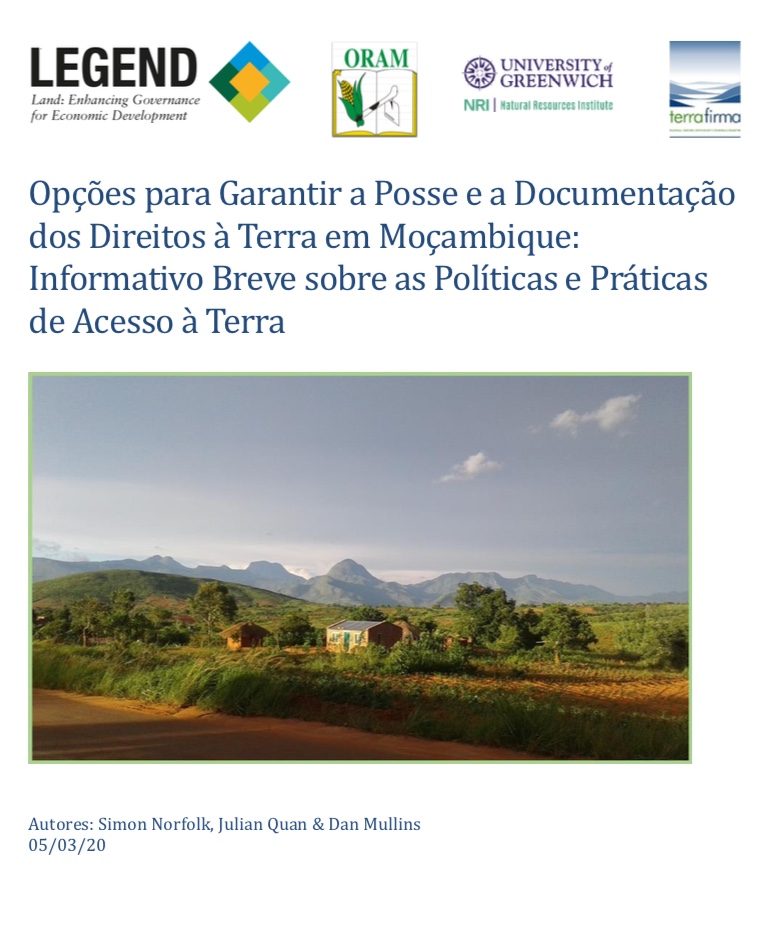The “Responsible Governance of Investments in Land” (RGIL) project in Ethiopia aims at ensuring that investments in land are productive, contribute to sustainable land management, and respect the rights and needs of local populations, in particular vulnerable groups and women.
Through a…
An increasing number of African States are recognizing customary land tenure. Yet, there is a lack of research on how community rights are recognized in legal and policy frameworks, how they are implemented in practice, and how to include marginalized groups. In 2018–2019, we engaged in…
This initiative's goal was to develop and disseminate innovative tools and approaches to strengthen tenure security in target communities using low-cost and gender-sensitive technologies. IFAD and UN-Habitat worked together to improve knowledge management and to build the capacity of IFAD…
The objectives of the report are to assess the statutory and customary land administration systems and practices in the five Darfur states of Sudan, and to provide guidance to relevant stakeholders on how to support the tenure security and housing, land and property (HLP) rights of people…
The “Responsible Governance of Investments in Land” (RGIL) project in Uganda fosters investment quality promotion to ensure that agriculture and forestry investments in land are productive, contribute to sustainable land management and respect the rights and needs of local populations, including…
This study is aimed to assess features of land governance arrangements in the Eastern Africa region. Comparative and qualitative research approach was employed to achieve the objectives of the study. The research was also conducted within the context of long standing research collaboration under…
Land in Uganda is a delicate resource that has caused many conflicts over the past years. About 80% of pending court cases in the country relate to land today. Looking at the country’s violent history, a rising population and increasing impact of climate change on agriculture productivity, land…
Knowledge of policies on land governance not only improves the way issues pertaining to land rights are handled; but also minimises waste of time and money lost on land conflict.
This Training Manual is a practical handbook to be used by trainers on land governance on private Mailo land.…
Responsible Land Policy in Uganda (RELAPU) is a project implemented by the German International Cooperation (GIZ) and financed by the German Federal Ministry for Economic Cooperation and Development (BMZ). BMZ created the Special Initiative “One World, No Hunger”, aimed at eradicating extreme…
One of the key aspects of the Mozambican legal framework for land is that Mozambican nationals can acquire tenure rights through inheritance, via peaceful occupation or through customary channels These usufruct tenure rights, known by the Portuguese acronym ‘DUAT’ (Direito de Uso e…
This Briefing Paper is based on the outcomes and lessons from projects recently completed in Mozambique, funded by DFID’s LEGEND programme, wider analysis conducted by that programme, and the knowledge and practical experience of the authors. The briefing is a summary of a longer Policy &…
Este documento informativo é baseado nos resultados e lições aprendidas em projectos realizados recentemente em Moçambique, financiados pelo programa LEGEND do DFID, nas análises mais amplas conduzidas por esse programa, e no conhecimento e experiência prática dos autores. O documento é…


